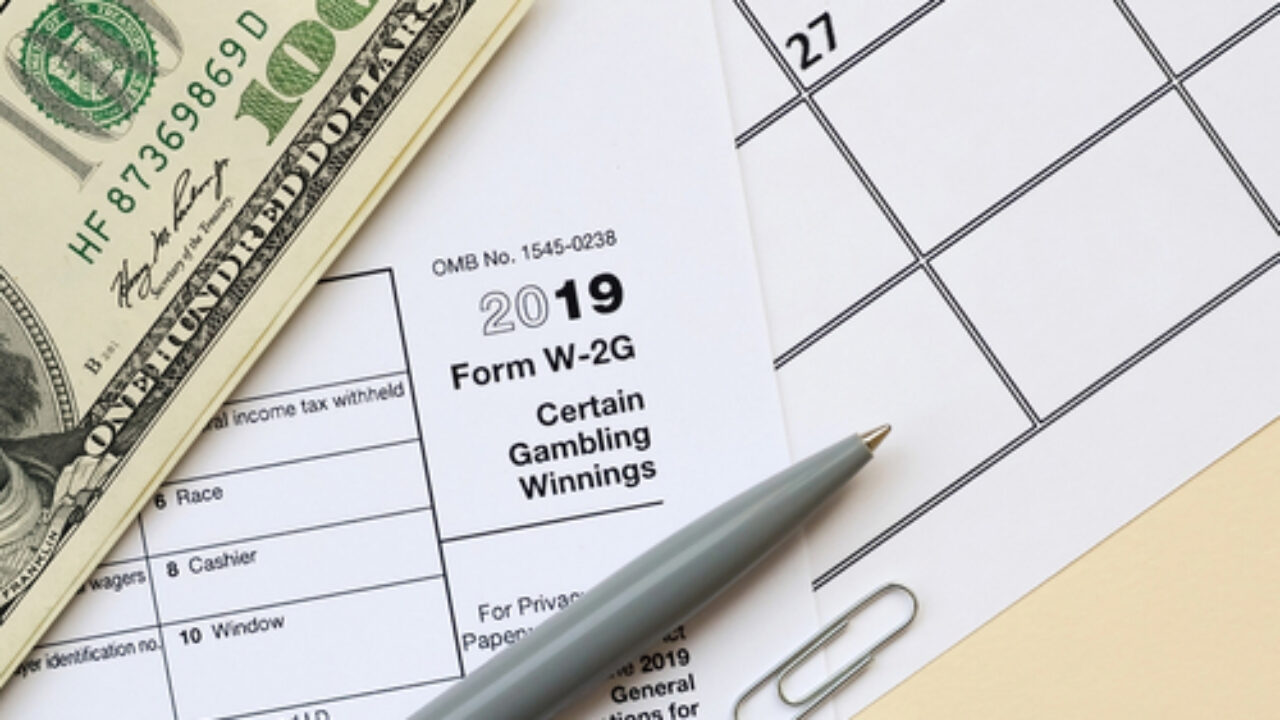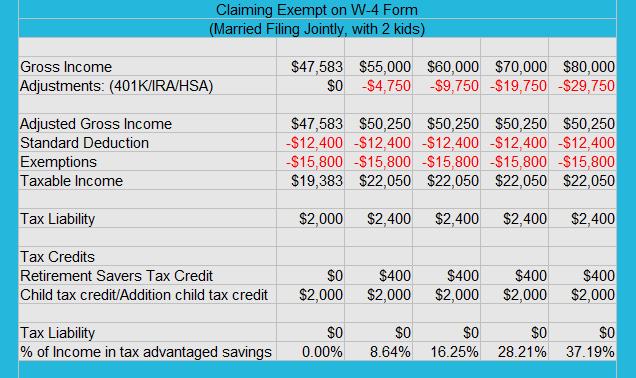How Do You Claim Gambling Winnings On Taxes
If you’ve earned your winnings at a gambling facility, that facility will actually issue you a tax form for those winnings at the start of tax season. However, this only happens if you win $600 or more (or if you’ve won at least 300 times at that facility). Some gaming organizations will also have to submit a W-2G, a tax form that officially reports gambling winnings on your behalf. Most of these are submitted for winnings more than a certain amount, such as $1,200. If you aren’t sure if you’ve received a W-2G or not, contact the gaming organization (s) that issued your winnings.
Lottery and Gambling Winnings
Winning the Lottery or scoring on a sports wager can change your life in profound ways. Congratulations on your lucky break!
Just remember that your good fortune includes a responsibility to pay taxes and fees on those winnings.
Gambling Winnings:
In 2018, Governor Phil Murphy signed a law that authorized legal sports betting in New Jersey. The law (A4111) allows people, age 21 and over, to place sports bets over the internet or in person at New Jersey's casinos, racetracks, and former racetracks. Sports betting is now among the many forms of gambling winnings that are subject to the New Jersey Gross Income Tax, including legalized gambling (sports betting, casino, racetrack, etc.) and illegal gambling.
Lottery:
New Jersey Lottery winnings from prize amounts exceeding $10,000 became subject to the Gross Income Tax in January 2009.
New Jersey Income Tax is withheld at an amount equal to three percent (3%) of the payout for both New Jersey residents and nonresidents (N.J.S.A. 54A:5.1(g)).

Withholding Rate from Lottery Winnings
The rate is determined by the amount of the payout. If a prize is taxable (i.e., over $10,000), the entire amount of the payout is subject to withholding, not just the amount in excess of $10,000. The withholding rates for gambling winnings paid by the New Jersey Lottery are as follows:
- 5% for Lottery payouts between $10,001 and $500,000;
- 8% for Lottery payouts over $500,000; and
- 8% for Lottery payouts over $10,000, if the claimant does not provide a valid Taxpayer Identification Number.

Companies that obtain the right to Lottery payments from the winner and receive Lottery payments are also subject to New Jersey withholdings. Each company is required to file for a refund of the tax withheld, if applicable.
LotteryNew Jersey Lottery winnings from prize amounts exceeding $10,000 are taxable. The individual prize amount is the determining factor of taxability, not the total amount of Lottery winnings during the year.
- For example, if a person won the New Jersey Lottery twice in the same year, and the winning prize amounts were $5,000 and $6,000, these winnings would not be subject to New Jersey Gross Income Tax. However, if that person won the Lottery once and received a prize of $11,000, the winnings would be taxable.
- This standard for taxability applies to both residents and nonresidents.
- The New Jersey Lottery permits donating, splitting, and assigning Lottery proceeds to someone else or to a charity. If you choose to donate, split, or assign your Lottery winnings, in whole or in part, the value is taxable to the recipient in the same way as it is for federal income tax purposes.
Making Estimated Payments
If you will not have enough withholdings to cover your New Jersey Income Tax liability, you must make estimated payments to avoid interest and penalties. For more information on estimated payments, see GIT-8, Estimating Income Taxes.
Out-of-State Sales:
Out-of-state lottery winnings are taxable for New Jersey Gross Income Tax purposes regardless of the amount.
Gambling winnings from a New Jersey location are taxable to nonresidents. Gambling includes the activities of sports betting and placing bets at casinos and racetracks.
Calculating Taxable Income
You may use your gambling losses to offset gambling winnings from the same year as long as they do not exceed your total winnings. If your losses were greater than your winnings, you cannot report the negative figure on your New Jersey tax return. You must claim zero income for net gambling winnings. For more information, see TB-20(R), Gambling Winnings or Losses.
You may be required to substantiate gambling losses used to offset winnings reported on your New Jersey tax return. Evidence of losses can include your losing tickets, a daily log or journal of wins and losses, canceled checks, notes, etc. You are not required to provide a detailed rider of gambling winnings and losses with your New Jersey tax return. However, if you report gambling winnings (net of losses) on your New Jersey return, you must attach a supporting statement indicating your total winnings and losses.
Reporting Taxable Winnings
Include taxable New Jersey Lottery and gambling winnings in the category of “net gambling winnings” on your New Jersey Gross Income Tax return.
We think it's important for you to understand how we make money. It's pretty simple, actually. The offers for financial products you see on our platform come from companies who pay us. The money we make helps us give you access to free credit scores and reports and helps us create our other great tools and educational materials.
Compensation may factor into how and where products appear on our platform (and in what order). But since we generally make money when you find an offer you like and get, we try to show you offers we think are a good match for you. That's why we provide features like your Approval Odds and savings estimates.
Of course, the offers on our platform don't represent all financial products out there, but our goal is to show you as many great options as we can.
This article was fact-checked by our editors and Jennifer Samuel, senior product specialist for Credit Karma Tax®.
Gambling may just be a hobby to you, but there’s nothing casual about it when it comes to filing your federal income taxes.
Nearly two-thirds of Americans gamble, according to a 2016 Gallup poll. And while you might think that winning a few bucks from a scratch ticket or a weekend trip to Vegas isn’t a big deal, the government considers every dollar you win from gambling as taxable income.
As a result, it’s important to understand how to report your gambling winnings, what to include and how you can use your losses in your favor. Here are some things you should know about how gambling winnings are taxed.

1. You must report all your winnings

Depending on how much you won during the year, you may receive a Form W-2G listing your gambling winnings. But even if you don’t receive the form, you’re still required to report all your winnings as “other income” on your tax return.
“All cash and non-cash gambling winnings are taxable and should be reported as ‘other income,’ ” says Patrick Leddy, partner at Farmand, Farmand & Farmand LLP. This includes any winnings you received from casinos, lotteries, raffles or horse races. Non-cash winnings, such as prizes like cars or trips, are also considered taxable income and are taxed based on their fair market value.
To make sure you keep track of both your winnings and losses, record the following details every time you gamble:
- The date and type of your gamble or gambling activity
- The name and location of the gambling establishment
- Names of other people who were with you, if applicable
- How much you won or lost
- Related receipts, bank statements and payment slips
2. You can deduct some losses
No one likes to talk about how much money they lost gambling. But when it comes to your tax return, being honest can save you money. That’s because the IRS allows you to deduct gambling losses.
Though you may not be able to deduct all your losses.
“Taxpayers can deduct gambling losses only up to the amount of their gambling winnings,” says Leddy, “and only if they itemize their deductions.”
For example, if your gambling winnings totaled $5,000 in the tax year, but you lost $6,000, you can only deduct $5,000 of those losses. Keep in mind, itemizing your deductions may not afford you the maximum tax benefit. If your total itemized deductions — which can also include charitable donations, home mortgage interest and medical expenses — don’t exceed your standard deduction, itemizing might not be the optimum choice for you.
How Do You Claim Gambling Winnings On Taxes Due
Can I deduct the cost of a gambling addiction recovery program?
IRS Publication 502 lists alcohol and drug-related addiction-recovery programs as eligible for the medical expense deduction. However, gambling addiction isn’t included. If you need help dealing with a gambling addiction, you can call the Substance Abuse and Mental Health Service Administration’s 24/7, 365-days-a-year hotline at 1-800-662-4357.
3. Even illegal gambling winnings are taxable
According to the American Gaming Association, it’s estimated that Americans spend more than $150 billion per year on illegal U.S. sports betting — and yes, that can include your office March Madness pool.
A May 2018 U.S. Supreme Court ruling opened the door for states to legalize sports betting, but not all have done so. That said, any winnings you receive from betting on sports legally or illegally (or from any illegal activity, for that matter) are still taxable.
Learn more about sports betting and taxesHow Do You Claim Gambling Winnings On Taxes Tax
Bottom line
So how are gambling winnings taxed? Every dollar you win from gambling, whether legally or not, is considered taxable income. As a result, it’s critical that you keep a record of your winnings so that you can report them accurately. You’ll also want to keep track of your losses so that you can use them to qualify for a tax break.
Once you’re ready to file your taxes, Credit Karma Tax® can help show you where to include both your winnings and your losses so that you can maximize your tax refund if you’re owed one.
How Do You Claim Gambling Winnings On Taxes Without
Jennifer Samuel, senior tax product specialist for Credit Karma Tax®, has more than a decade of experience in the tax preparation industry, including work as a tax analyst and tax preparation professional. She holds a bachelor’s degree in accounting from Saint Leo University. You can find her on LinkedIn.